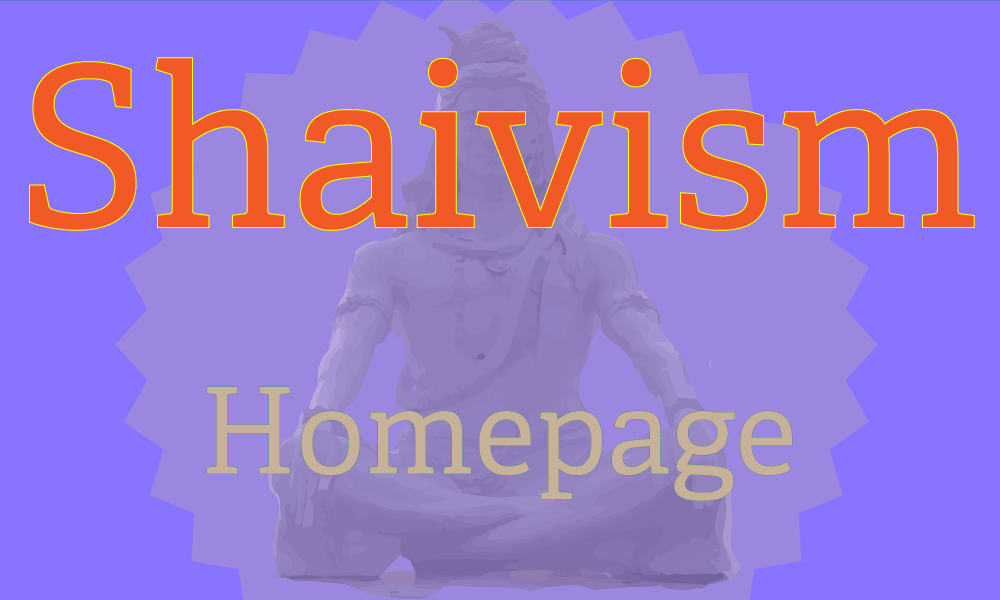

Shaivism Beliefs and Practices
Lord Shiva is the most important, popular, ancient and revered God of Hinduism,. Since ancient times, people in the Indian subcontinetn have been worshipping him, and if we have to go by some historical finding., it appears that he was worshipped in other parts of the world under different names. Shaivism was probably the first antithetical movement against Vedic casteism, long before the emergence of Buddhism as a formidable religion.
What we know about Shiva is much less than what we do not know. His worship dates back to prehistoric times. While many historians and educated Hindus erroneously credit the Vedic civilization as the main source of Hinduism, the truth is Shaivism is its heart. Mamy important concepts of Hindusim, and several of its spiritual, ascetic, tantric and ritual traditions were derived from it.
It appears that in the early phases of Vedic civilization, Shaivism remianed an outsider sect, and probably for sometime the two traditions clashed before their differnces were reconciled and a composite tradition emerged out of them. The conflict between Daksha, a follower of Brahma and Shiva is probably an anecdotal reference to the conflict between the trwo traditions. In the tussle between Brahmanism and Saivism, the latter seems to have decisively won. In the confrontation between Shiva and Daksha, the latter was decisively defeated and decapitated. His subsequent survival in a diminished form rested upon the kindness and forgiveness of Shiva. It als resulted in the decline of the Vedic gods and the rise of the Saiva pantheon.
Until modern times, Saivism was the most popular sect of Hinduism, a position currently enjoyed by Vaishnavism mainly due to the patronage it receives from the teacher traditions of Brahmanical origin and the propaganda that goes with it. The Brahmanas who trained in Vedic rituals turned to Vaishnavism for their livelihood after the fall of the Vedic deities. In Vishnu they found the sattvic qualities they were looking for, and the purity which hitherto they attributed to Agni, the fire god.
While in Vaishnavism, Brahmanas invariably officiate as the priests, in Shaivism there is no such restriction. For the caste ridden Hindu society, Shaivism shows right ay to treat people from all backgrounds with sameness. This section on Shaivism is our offering to Lord Shiva, the blessed God of all.
Share This